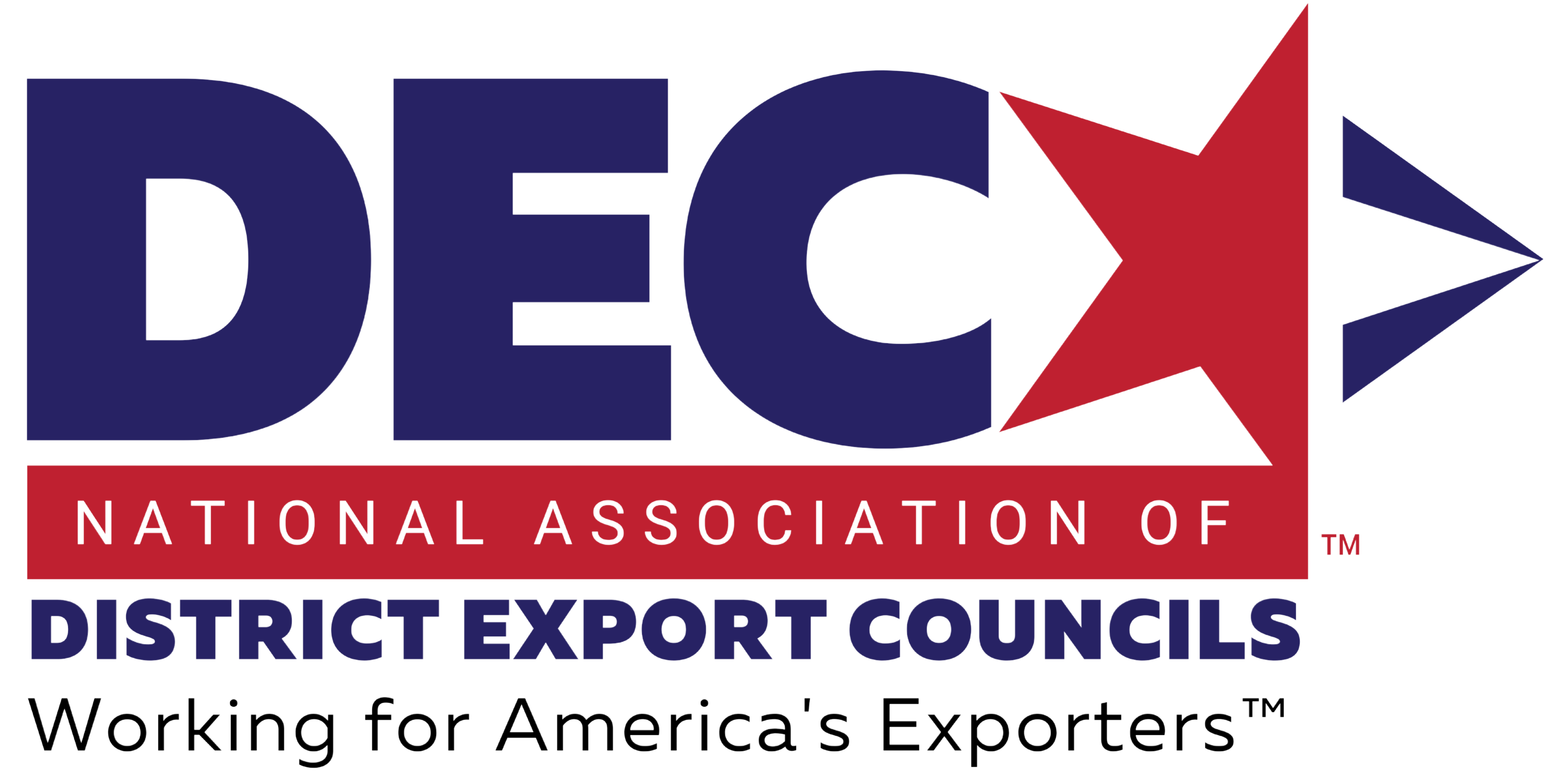As a new Congress settles in, members of both parties have identified trade as a prime area for bipartisan cooperation. Senate Majority Leader Mitch McConnell (R-Ky.), House Speaker John Boehner (-Ohio), and President Obama—in his State of the Union address last night—have all called for renewal of Trade Promotion Authority (TPA), which gives Congress a stronger role in U.S. trade negotiations.
While many think trade is the domain of big business, 98 percent of the 300,000 American companies that export are small and medium-sized businesses. These firms account for one-third of U.S. merchandise exports, according to the U.S. Department of Commerce. The number of small and mid-sized companies that export has nearly tripled over the past two decades.
Consider Dallas-based Chem-Crete International. Founded in 1969, it manufactures a permanent, environmentally safe, user-friendly and economical liquid waterproofing material for the concrete industry. Why does trade matter to Chem-Crete or to our country?
“In a word,” said Chem-Crete President and CEO Radi Al-Rashed, “it comes down to jobs.” Chem-Crete has expanded its global reach to the point that it now exports its products to more than 85 countries, and it now employs 20 workers.
However, small businesses often find the playing field for trade isn’t level. While the U.S. market is generally open, exports face foreign tariffs that often soar into double digits as well as a thicket of non-tariff barriers.
Trade agreements are negotiated to overcome those barriers. It comes as no surprise that markets where the U.S. has trade agreements in place are top export destinations for small and mid-sized exporters. About 40 percent of all merchandise exports by these companies go to markets where the U.S. has trade agreements in place, with Canada and Mexico as top markets.
How do trade agreements open the door to small exporters? Even when foreign tariffs are in single digits, they can effectively shut out smaller firms. Non-tariff barriers can be even worse: A $10,000 permit may be a nuisance for large firms, but it can be a show-stopper for a small business.
Further, by opening government procurement markets and ensuring transparency in bidding, trade agreements give small exporters expanded access to lucrative opportunities. These contracts for health care equipment, schools, and IT services are often too small for multinationals to perform profitably, but they are just the kinds of contracts that smaller medical equipment providers, distance learning companies, and others can fulfill beautifully.
Chem-Crete stands to benefit from the Trans-Pacific Partnership (TPP), which is now under negotiation between the United States and 11 Asia-Pacific markets.
“The single biggest barrier I face as an exporter is the fact that different countries tend to adopt different standards, rules, and testing requirements,” said Al-Rashed. “Overcoming these ‘behind the border’ barriers will benefit small businesses in particular.”
Policymakers must think globally as they consider how to foster a business environment in which entrepreneurs and small businesses can flourish. Tearing down trade barriers is vital for firms of all sizes.
TPA is vital because the United States can’t enter into new trade agreements without. It directs Congress to set negotiating objectives for trade agreements and requires the executive branch to engage in close consultations with legislators throughout the course of negotiations. In turn, when an agreement is reached, Congress must approve or reject but may not amend it.
While foreign governments may open negotiations with the United States without TPA in place, they have historically proven leery of making the difficult political choices associated with the final stages of negotiations in its absence. In this sense, TPA strengthens the hand of U.S. negotiators, helping them secure the best possible deal for U.S. workers, farmers, and companies.
Al-Rashed gets the last word.
“TPA is the key that unlocks the door for new trade agreements,” he said. “Small companies like mine need Congress to act on TPA as soon as possible.”
Murphy is senior vice president for International Policy at the U.S. Chamber of Commerce































































